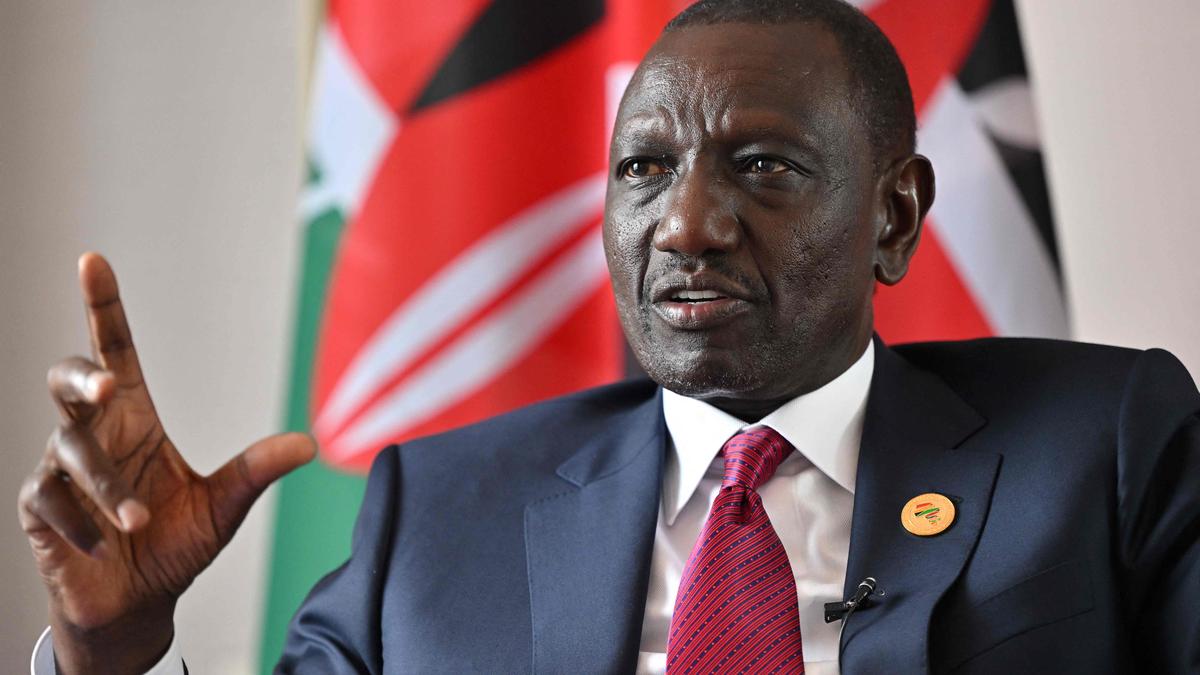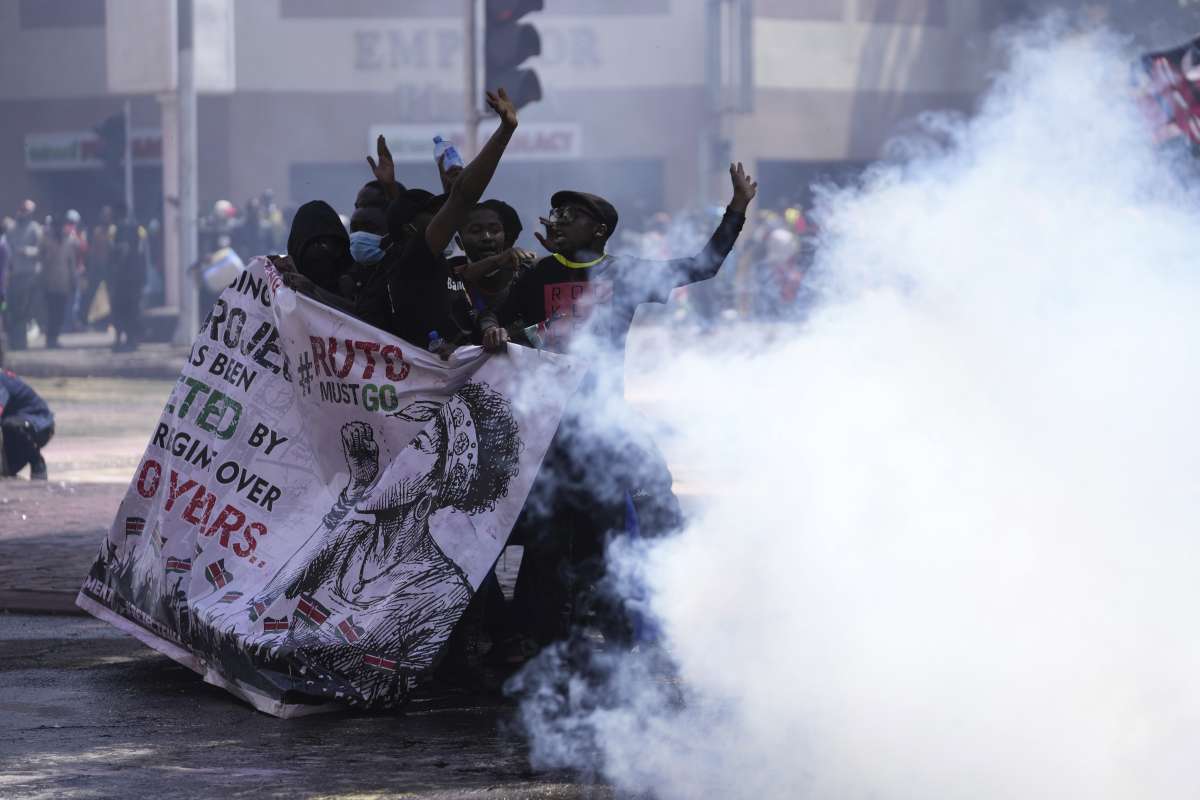
In Kenya, not even the cartoonists are safe
Al JazeeraPolitical cartooning in Kenya has never been without its risks. That changed with the abduction of Gideon Kibet, better known as Kibet Bull, a young cartoonist who has become an internet sensation for his bold use of silhouettes to ridicule the administration of President William Ruto, which has increasingly taken an authoritarian turn after its legitimacy was thrown into doubt by countrywide youth-led street protests. Through his cartoons, Kibet Bull has been mercilessly exposing Ruto’s rigid foolishness, attracting the attention and wrath of the regime, as well as winning the admiration of millions of Kenyans both online and offline. Ruto, who has in the past shown disdain for the teaching of history in Kenyan schools, arguing that Kenyans needed to focus on more “marketable” disciplines, would actually be well served by reading up on Kenya’s recent past. In the course of the last seven decades, Kenya’s rulers – from the British colonialists to his predecessors as president, including fellow crimes against humanity indictee at the International Criminal Court, Uhuru Kenyatta – have all learned the same painful lesson: a lack of legitimacy is lethal to their regimes and their brutality will not save them.
History of this topic

Ruto unmasked: Breaking the rules of Kenya’s game of thrones
Al Jazeera
Kenya’s Ruto is coming up against the limits of his power
Al JazeeraDiscover Related




















)











